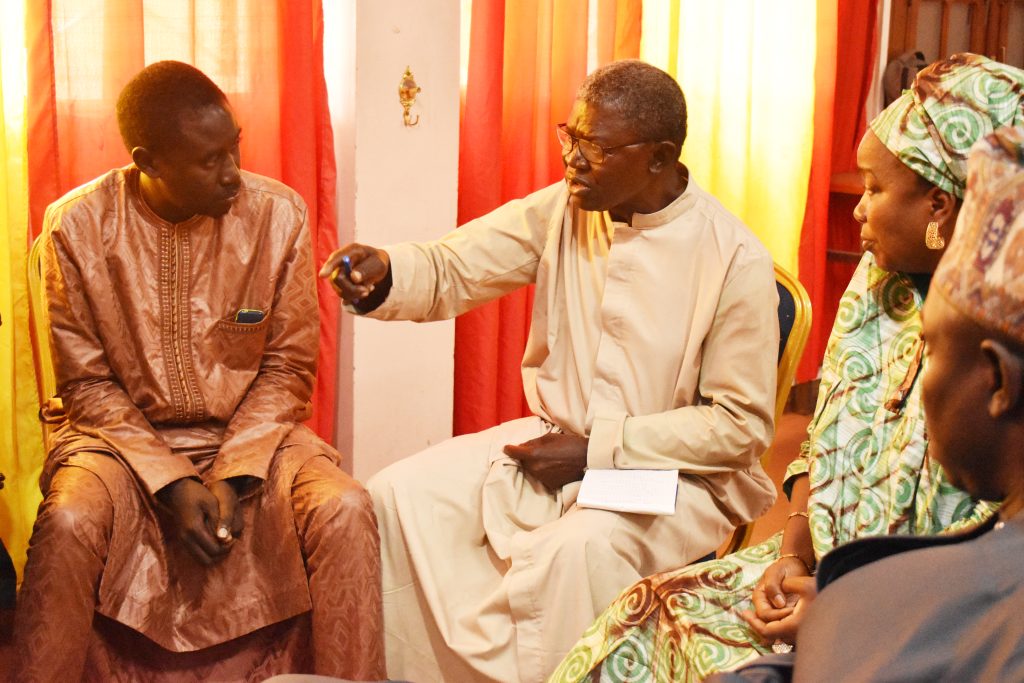While key populations and their sexual partners account for 69% of new HIV infections in West and Central Africa, achieving the 95-95-95 target among these groups will have a significant impact on the HIV epidemic in the region.
However, programmes for these populations are insufficient. According to Frontline AIDS, between 2016 and 2018 in West and Central Africa, the region allocated only 2.4% of its HIV investments to funding programmes for key populations.
Strategic information (quality data and analysis) is crucial to the HIV response, to ensure accountability and to set ambitious and measurable targets over time to monitor progress. "The old adage "to measure is to know" may be repeated over and over again, but it still applies to the HIV response.
Over the years, the collection, analysis and dissemination of data has led to a better understanding of the HIV epidemic and has helped programmes reach the right people in the right place at the right time," said Marie Engel, UNAIDS Regional Support Team Advisor for West and Central Africa. About 30 people from four countries (Senegal, Côte d'Ivoire, Guinea and Guinea-Bissau), mostly from organizations serving key populations, recently participated in a training session in Saly, Senegal.
The aim was to strengthen their skills in collecting and analysing data on the location and size of key populations. During the meeting, which was part of a sub-regional project called RECCAP funded by Expertise France and the non-governmental organisation ENDA Santé in collaboration with Johns Hopkins University, participants were trained in basic methods of statistical analysis and population size estimation, as well as in health mapping tools and the analysis and presentation of the data collected.
UNAIDS and the World Health Organization sponsored the participation of several individuals. "The development of local capacity will enable programmes to be tailored to changing situations by locating the dynamics of HIV vulnerability and analysing the influence of socio-spatial combinations on epidemiological data.
The diversity of the profiles of the selected participants and the plurality of the experiences of the training team guarantee a transfer of knowledge and a real sharing", declared Daouda DIOUF, General Director of ENDA Santé.
It is hoped that training will enable key populations to exercise leadership. This is essential to ensure that HIV responses are inclusive, equitable, effective, efficient and sustainable.
unaids.org


